When To Sue?: Limitation Periods For Car Accidents and Discoverability
The Ontario Insurance Act sets out various deadlines for when a lawsuit must be started for compensation arising from an injury. These are referred to as limitation periods.
For an Ottawa car accident claim, you generally have two years from the date on which the accident occurred to commence a claim. If you attempt to start your claim after this deadline, the court may decide that you are out of time to commence a claim and dismiss your claim.
What if you did not know how serious your injuries were until months or years after the car accident?
The Insurance Act does allow for a claim to be started after the normal two year deadline in very limited circumstances. This is referred to as the concept of “discoverability”. Under this doctrine, a court will determine when a claimant discovered that they had a claim that met the threshold. Meeting the threshold requires that your injuries are “permanent” and “serious” which are both terms that are given specific definitions under the Insurance Act. The key question the court will look at is “when should you have known that your injuries and limitations were permanent and serious enough to justify advancing a claim”.
This question, and the concept of discoverability, were recently discussed by the court in the case of Huang v. Mai which can be read here. The court summarized the test as follows:
Under the case law, for the limitation period to begin to run, the plaintiff must have knowledge that his or her damages could be considered permanent and serious. I emphasize that the plaintiff must have knowledge because the limitation period does not begin simply because the plaintiff believes or ought to believe that he or she has a claim. Rather, the limitation period begins when the plaintiff first knew – which I take to be when he or she had an objective appreciation – that a proceeding would be an appropriate means to seek a remedy.
It must be cautioned that the doctrine of discoverability is intended to be very limited in its application. It may in certain circumstances extend the normal two-year limitation period where an injured person did not know the full extent of their injury at the time of the accident. However, there is a presumption that a claim should be started within two years and it is up to the injured person to justify why their claim was started outside of this time period. The doctrine of discoverability is not intended to extend the limitation period for an injured person who does not take reasonable steps to investigate their claim in a timely manner.
At McNally Gervan LLP we have helped many clients with car accident claims in Ottawa and throughout Ontario, including some that were advanced on the basis of the doctrine of discoverability. If you are concerned that you might be out of time to advance a claim, don’t hesitate to contact our Ottawa insurance lawyer for a free consultation.
Disclaimer: This article discusses only claims arising from a car accident and is for informational purposes only. It is not legal advice. We urge anyone who is injured in a car accident to speak with a lawyer as soon as possible to obtain legal advice about their situation.






Follow Us